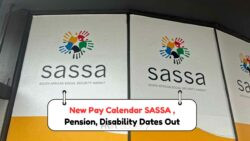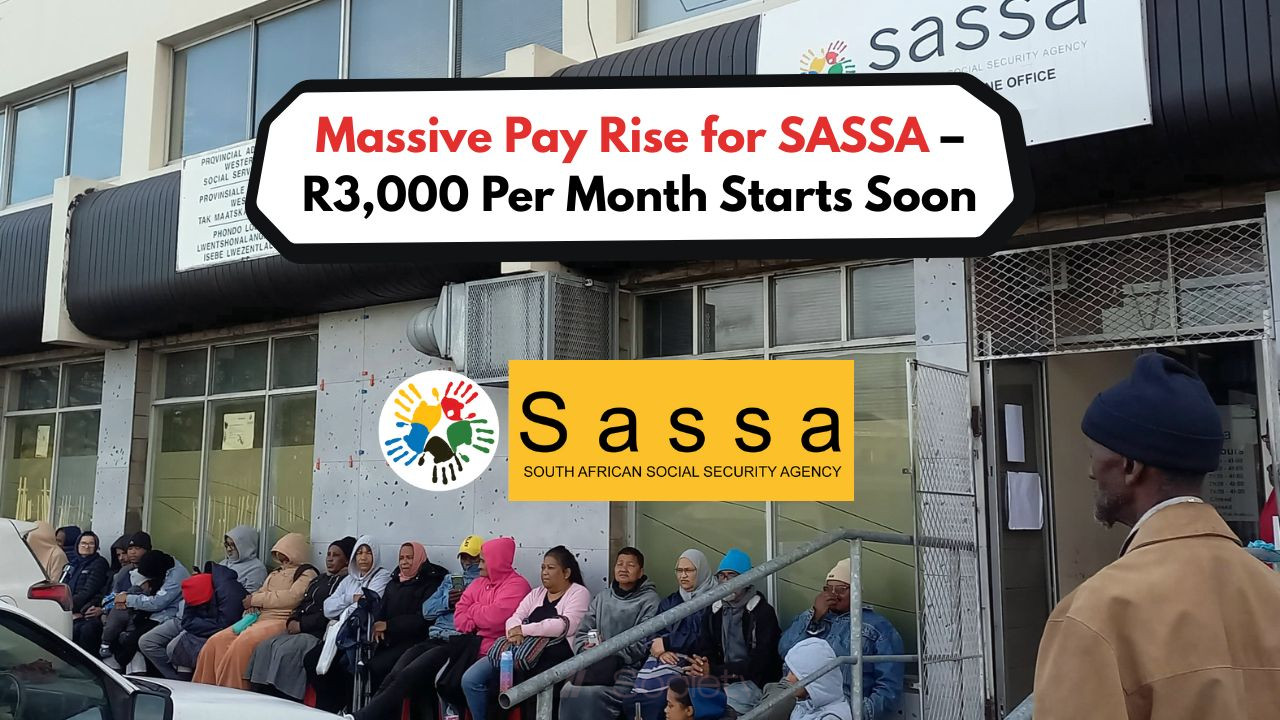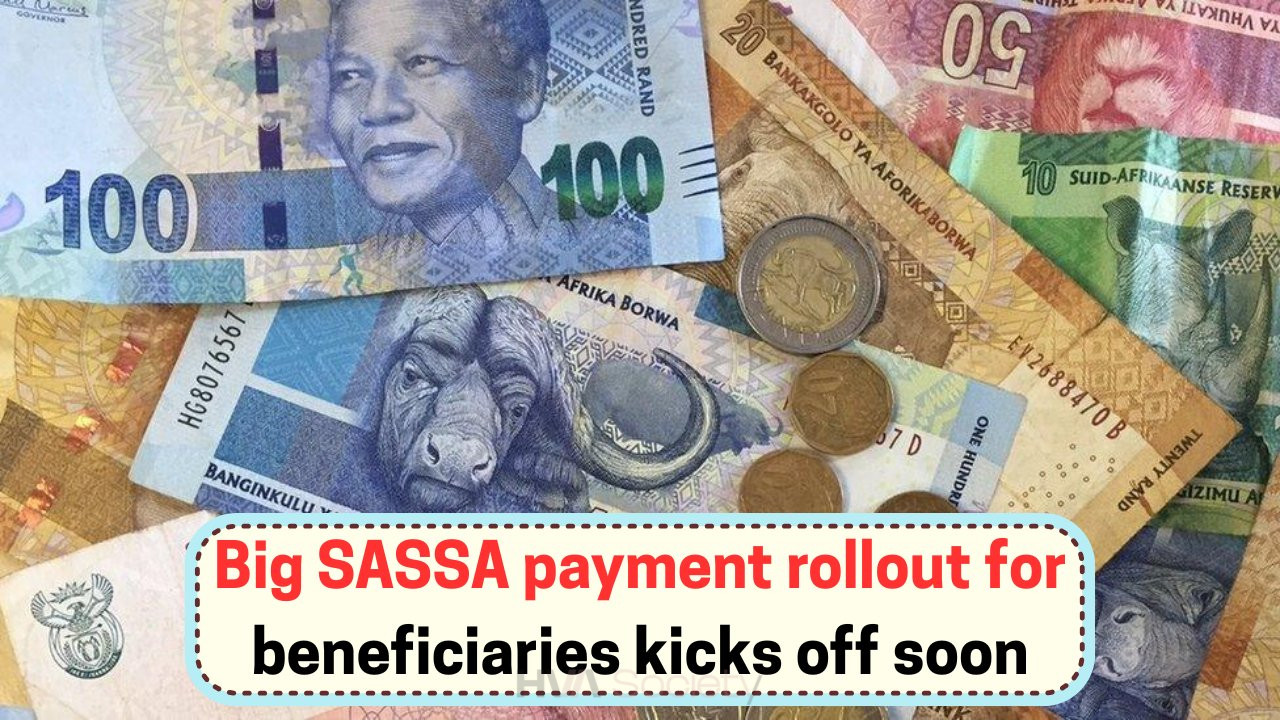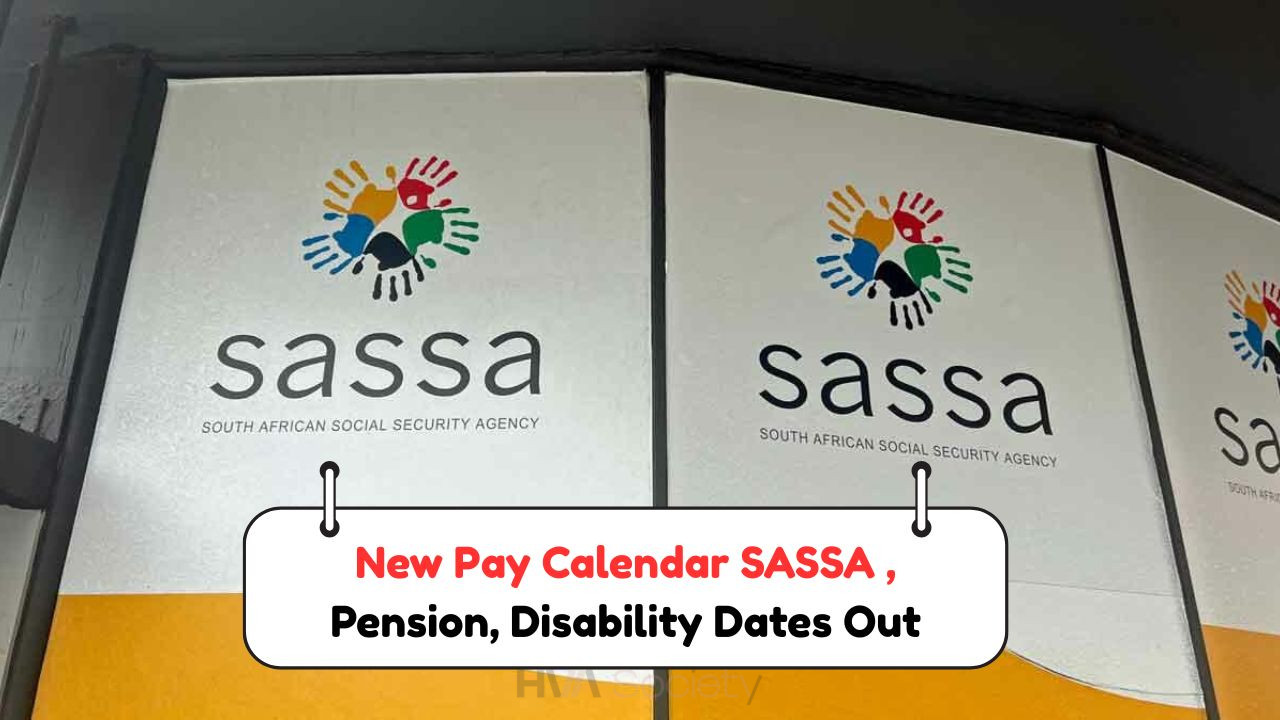R3,000 Monthly SASSA Grant Launch: South Africans are buzzing with anticipation as the South African Social Security Agency (SASSA) nears the final approval for the much-anticipated R3,000 monthly grant set to launch in August. This significant development aims to provide much-needed financial relief to the country’s most vulnerable populations, ensuring they can meet their basic needs amid challenging economic conditions. The grant is poised to be a game-changer for many South Africans, offering an additional layer of social security and support. As the final approval process is underway, citizens are hopeful that this initiative will help bridge the gap in economic inequality and provide a safety net for those who need it most.
Understanding the R3,000 Monthly SASSA Grant
The R3,000 monthly SASSA grant is designed to assist low-income households and individuals who are unable to sustain themselves financially. This initiative is part of a broader government strategy to enhance social welfare and reduce poverty levels in South Africa. By providing a monthly stipend, the grant aims to alleviate the financial burden on families struggling to make ends meet. SASSA has been working diligently to ensure that the grant is accessible to those who qualify, with a streamlined application process to minimize bureaucratic delays. This monthly financial assistance is expected to have a positive ripple effect on the economy, as beneficiaries will have more spending power, thereby boosting local businesses and stimulating economic growth.
- Provides financial assistance to low-income households
- Streamlined application process for easy access
- Expected to stimulate local economies
- Reduces poverty and economic inequality
- Aims to meet basic needs of vulnerable populations
- Enhances overall social welfare
- Part of a broader government strategy
Eligibility Criteria for the SASSA Grant
The eligibility criteria for the SASSA grant have been carefully outlined to ensure that the funds reach those who need them the most. Applicants must be South African citizens or permanent residents, and they must fall within a specific income bracket that qualifies them as low-income earners. Additionally, applicants should not be receiving any other form of government grant or financial assistance to be eligible. The grant targets unemployed individuals, elderly citizens without a pension, and families with children under the age of 18. By setting these eligibility requirements, SASSA aims to prioritize the most vulnerable segments of society and ensure that the financial aid is used effectively.
Key Eligibility Points:
 From July 2025, Brace for Higher Banking Costs: Discover Which Banks Are Hiking Monthly Fees by R45+
From July 2025, Brace for Higher Banking Costs: Discover Which Banks Are Hiking Monthly Fees by R45+
- Must be a South African citizen or permanent resident
- Belong to a low-income bracket
- Not receiving other government financial assistance
- Unemployed or elderly without a pension
- Families with children under 18
- Prioritizes vulnerable groups
- Aims for effective use of funds
Application Process for the R3,000 Grant
The application process for the R3,000 SASSA grant has been designed to be as straightforward as possible to ensure maximum accessibility. Prospective applicants can apply online through the SASSA website or visit their nearest SASSA office for assistance. The application form requires applicants to provide personal details, proof of income, and any relevant documentation to support their eligibility. Once submitted, applications will be reviewed, and successful applicants will be notified via SMS or email. SASSA has assured the public that measures are in place to prevent fraud and ensure that the funds are disbursed only to those who genuinely qualify.
| Application Step | Description | Notes |
|---|---|---|
| Online Application | Submit through SASSA website | Fast and convenient |
| In-Person Application | Visit local SASSA office | Assistance available |
| Documentation | Provide proof of income | Essential for eligibility |
| Review Process | Applications examined | Ensures fairness |
| Notification | Via SMS or email | For successful applicants |
| Fraud Prevention | Strict checks in place | Ensures integrity |
Application Tips:
- Ensure all documents are complete
- Check eligibility before applying
- Use online services for faster processing
- Keep contact details updated
Impact of the New SASSA Grant on Communities
The impact of the new SASSA grant is expected to be profound, particularly in communities that have been hardest hit by economic challenges. By providing a stable source of income, the grant will help lift many families out of poverty, allowing them to afford basic necessities such as food, clothing, and healthcare. This, in turn, can lead to improved health outcomes and educational opportunities for children. The additional income can also empower individuals to seek employment or start small businesses, thereby fostering a culture of entrepreneurship and self-reliance. Moreover, the grant is likely to reduce the strain on local charities and food banks, as more families become self-sufficient.
Community Benefits:
- Improves standard of living
- Boosts local economies
- Enhances education and health outcomes
- Encourages entrepreneurship
- Reduces reliance on charity
- Fosters self-reliance
Long-term Effects:
- Reduces poverty levels
- Promotes economic stability
- Strengthens social safety nets
- Increases community resilience
Challenges and Considerations
While the R3,000 monthly SASSA grant holds significant promise, it is not without challenges. One of the primary concerns is ensuring that the grant is sustainable in the long term, given budget constraints and economic fluctuations. Additionally, there is a need for continuous monitoring to prevent misuse and ensure that the funds are allocated as intended. Another consideration is the potential dependency that may arise among beneficiaries, which could hinder efforts to promote self-sufficiency and economic independence. To address these challenges, policymakers must strike a balance between providing immediate relief and encouraging long-term growth and development.
 SASSA Announces New Grant Payment Dates for July–August 2025: Check the Updated Schedule Now!
SASSA Announces New Grant Payment Dates for July–August 2025: Check the Updated Schedule Now!
Potential Challenges:
- Sustainability of funding
- Preventing misuse of funds
- Avoiding dependency
- Ensuring equitable distribution
- Balancing short-term relief with long-term growth
- Continuous policy evaluation
Future Prospects for SASSA Initiatives
The future of SASSA initiatives in South Africa looks promising as the agency continues to adapt and expand its programs to meet the needs of the population. With the launch of the R3,000 grant, there is potential for further enhancements to social security measures, including increased grant amounts, improved accessibility, and new programs targeting specific demographics. As SASSA gathers data and feedback from the implementation of the grant, it will be better positioned to refine its strategies and address any gaps in service delivery. The agency’s commitment to innovation and inclusivity will be crucial in driving progress and ensuring that South Africa’s social welfare system evolves to meet the challenges of the future.
Key Prospects:
- Enhanced social security measures
- Improved program accessibility
- Targeted initiatives for specific groups
- Data-driven policy refinement
| Future Initiative | Potential Impact |
|---|---|
| Increased Grant Amounts | Greater financial relief |
| New Targeted Programs | Address specific needs |
| Improved Accessibility | More inclusive services |
| Policy Refinement | Better service delivery |
| Innovation in Welfare | Enhanced social support |
| Inclusive Growth | Broader economic benefits |
| Data-Driven Strategies | More effective planning |
FAQ Section: SASSA Grant Details
What is the SASSA grant amount?
The SASSA grant amount is R3,000 per month, aimed at providing financial relief to eligible South Africans.
Who qualifies for the SASSA grant?
Eligible applicants include low-income South African citizens or permanent residents who are not receiving other government financial assistance.
How do I apply for the SASSA grant?
You can apply online through the SASSA website or visit a local SASSA office with the necessary documentation.
When will the SASSA grant be launched?
The SASSA grant is set for an August launch, pending final approval.
What impact will the grant have on communities?
The grant is expected to improve living standards, boost local economies, and enhance education and health outcomes.






